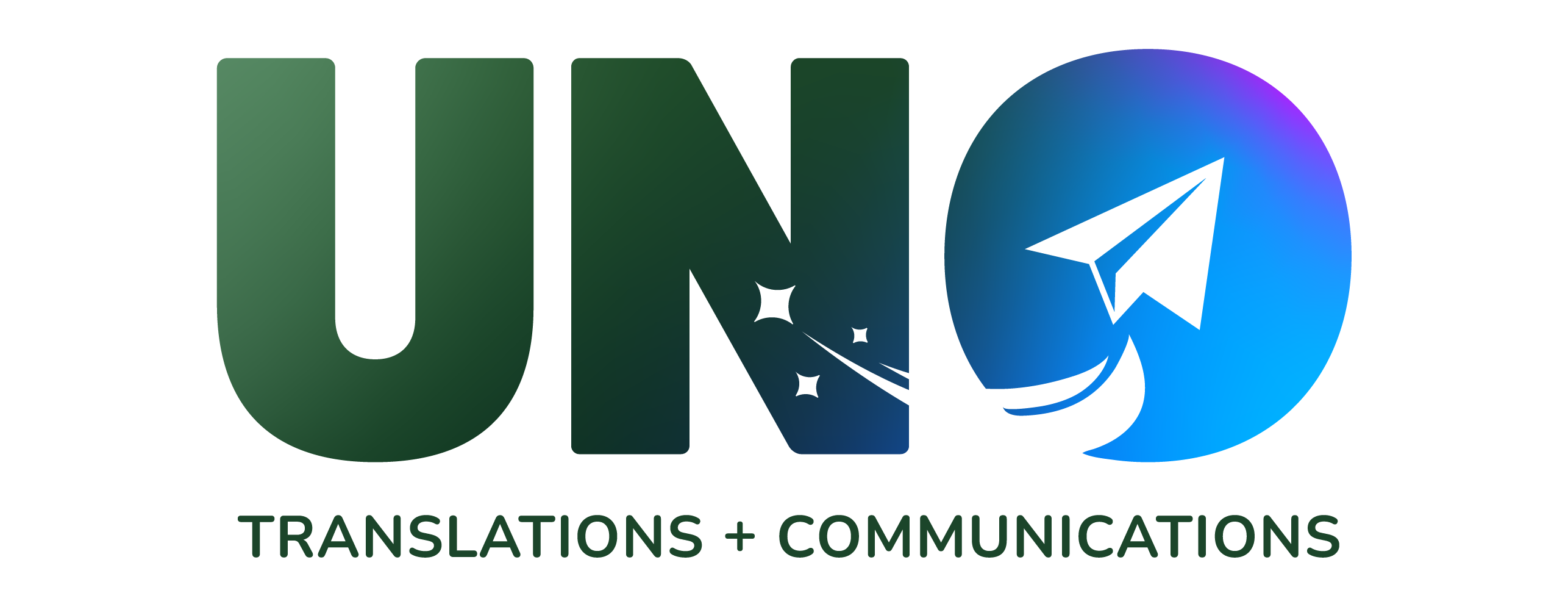You may have taken Spanish in high school and thought it was a fun break in your schedule, but figured you’d probably never use the skill. However, speaking a foreign language is about a lot more than ordering papas fritas while on a Costa Rican vacation. There’s a good chance a translator or interpreter have touched your life at some point.
Beauty and the Beast (La Belle et la Bête) was written by French author Gabrielle-Suzanne de Villeneuve. It had to be translated into English before Disney could turn it into a popular motion picture.
A lot of the technology we use comes from another country, and specialized software translators must help these products speak English. Books and movies and technology are translated daily in what seem like invisible roles. But the professionals who do the translating are critical in today’s global society.
The Bureau of Labor Statistics reports job growth for translators and interpreters is outpacing other occupations. The number of jobs is projected to grow 18% by 2026. Many think computers will replace human translators and interpreters, but that’s not true. Machine translation is actually helping to drive industry growth. Computers can only translate words based on an algorithm or dictionary; they cannot interpret the meaning of text. Professionals are still in high demand.
Education
If you’re considering a career as a translator or interpreter, you should aim for at least a bachelor’s degree. Many jobs will require a bachelor’s degree, but don’t necessarily require your major to be in a foreign language.
Additionally, the military offers unparalleled training in foreign language through the Defense Language Institute (DLI) in Monterey, California. To study at DLI, you must be either in the armed services, already employed by the federal government, or be working for a law enforcement agency.
The American Translators Association is an independent credentialing body for professional translators and interpreters. If you’re serious about being a professional in this field, striving for an ATA certification would be an excellent goal.
Dedication
Working as a translator or interpreter requires very high language levels. This goes beyond studying basic grammar and vocabulary. Typically, anyone who wants to work in this field will fully immerse themselves in the culture through reading books and newspapers, listening to music, and watching movies in the target language. Good translators also understand and use their first language well. You must be detail-oriented to be able to produce a quality translation.
Fields
For the sake of distinction, translators write; interpreters speak. However, they both convert meaning from one language (and culture) into another.
- Government – There’s a significant need for quality translators and interpreters in the government sector. You may provide translation services for someone having a difficult time interacting in English. You could also use your skills to translate government documents. The courts also have a need for professional translators sometimes on a day or half-day basis.
- Literary – Book publishers often hire translators to rewrite books, manuals, and instructions that will be used in an overseas market.
- Medical – Hospitals, health organizations, and large medical facilities often hire bilingual employees to offer a communication link between the English-speaking staff and non-English-speaking patients and/or family members.
- Private sector – Speaking more than one language fluently makes you a valuable employee for private corporations, particularly those who target the global market. And even for those who don’t, it’s helpful to have people in key positions who speak more than one language. Whether it’s public relations, social media marketers, or sales staff, bilingual employees offer a lot of value to the private sector.
If you speak a second (or third, or fourth) language, click here to learn more about being a part of the UNO team. We’re always looking for skilled and experienced linguists to help with translation and interpretation. At UNO Translations + Communications, we’re guided by our principles of integrity, empathy, accuracy, transparency, and dedication.

